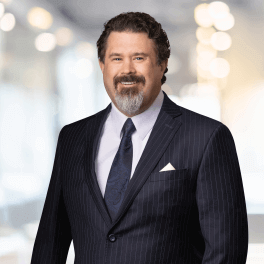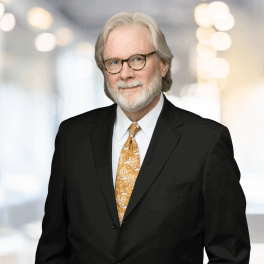Payne & Fears Represents Builder in Largest Recovery in Firm History
Payne & Fears represented a publicly-traded home builder in a complex, high-stakes insurance coverage dispute that was resolved in the builder’s favor. Although the terms of the settlement are confidential, the homebuilder was “thrilled” with the settlement. And the Payne & Fears partner that handled the matter calls the settlement a “once in a lifetime” victory.
The odyssey that led to this recovery began in 2011, when the builder sued two of its liability insurers for denying several claims that, together, totaled more than $50,000,000. Had the case gone to trial, the builder would have black boarded policy benefits and extra-contractual damages, including interest and attorneys’ fees, in excess of $100,000,000. The settlement occurred after the builder prevailed in two bifurcated trial phases. In the first, the trial court issued several rulings that essentially gutted most of the insurers’ coverage defenses. Following these rulings, the builder settled with one of its two insurers. In the second trial phase, the trial court issued a ruling on choice-of-law, again in the builder’s favor, which effectively eliminated the second insurer’s only remaining coverage defense. The case settled less than three weeks after the court issued this ruling.
The settlement was sweetened by several trial-court rulings that should discourage liability insurers from taking overly-aggressive coverage positions; for example, the court held that:
- if a component that is defectively designed or improperly constructed undergoes physical changes, but there is no damage to any other component, the component has sustained covered “property damage;”
- excess insurers may not rely on “other insurance” clauses to avoid paying claims when, by their terms, they are excess only to scheduled underlying insurance;
- “shall-not-assume-charge” language in excess liability policies does not negate the insurer’s statutory duty to pay the insured’s defense costs;
- an excess insurer cannot – unless its policy explicitly gives it this right – second-guess the underlying insurer’s exhaustion of its policy by questioning whether the claims paid by the underlying insurer were covered; and
- an insurer cannot avoid fully covering a progressive property damage claim simply because the insured has no insurance for a portion of the time during which the damage is occurring.




